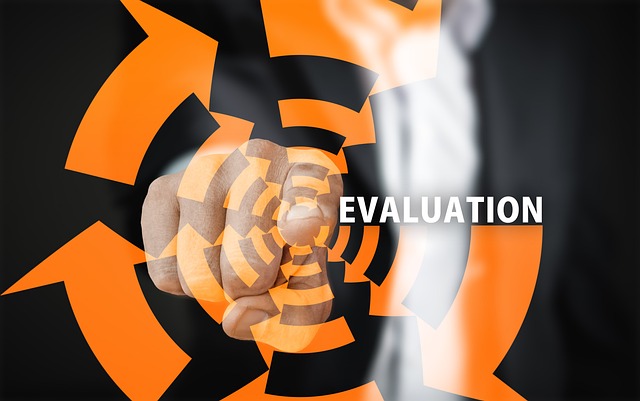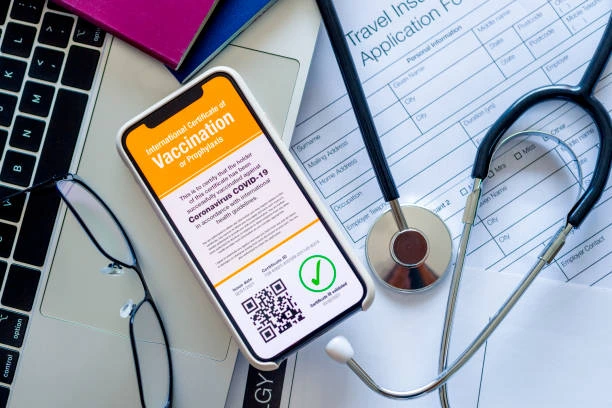Course Overview
This course provides comprehensive training in the principles and practices of Monitoring and Evaluation (M&E) specifically tailored for educational programs and projects. Participants will learn how to design, implement, and manage effective M&E systems that track the progress and impact of educational initiatives. The course emphasizes both quantitative and qualitative methods, equipping participants with the skills to gather and analyze data, measure educational outcomes, and make data-driven decisions that improve the quality and effectiveness of education.
Course Duration
10 Days
Who Should Attend
- Education program managers and coordinators
- M&E specialists working in the education sector
- School administrators and educational planners
- NGOs and international development professionals focusing on education
- Government officials involved in education policy and program implementation
- Researchers and academics interested in educational assessment
- Donors and funding agencies supporting educational projects
Course Objectives
By the end of this course, participants will be able to:
- Understand the key concepts and importance of M&E in the education sector.
- Design M&E frameworks and systems tailored to educational programs.
- Develop and implement M&E plans, including selecting appropriate indicators and data collection methods.
- Analyze and interpret data to assess the effectiveness and impact of educational interventions.
- Apply qualitative and quantitative methods to monitor and evaluate education programs.
- Utilize M&E findings to inform decision-making and improve educational outcomes.
- Ensure the sustainability and scalability of successful educational interventions through effective M&E.
- Write comprehensive M&E reports and communicate findings to stakeholders.
- Integrate gender and equity considerations into M&E processes in education.
- Enhance the capacity of educational institutions and stakeholders in M&E practices.
Course Outline:
Module 1: Introduction to M&E in Education
- The role of M&E in education systems
- The M&E cycle in the education context
- Key challenges and opportunities in education M&E
- Ethical considerations in education M&E
Module 2: Education Sector Analysis and M&E Framework
- Education sector analysis and context
- Developing M&E frameworks for education programs
- Setting clear education objectives and indicators
- Designing M&E plans with a focus on learning outcomes
Module 3: Monitoring Student Learning and Achievement
- Learning assessment methods (standardized tests, formative assessments)
- Monitoring student attendance and dropout rates
- Measuring student engagement and motivation
- Using data to identify learning gaps
Module 4: Monitoring Teacher Performance and Development
- Teacher performance indicators
- Monitoring teacher qualifications and training
- Assessing teaching practices and classroom management
- Teacher satisfaction and workload
Module 5: Monitoring School Infrastructure and Resources
- School facilities and infrastructure assessment
- Monitoring availability of educational resources (textbooks, materials)
- Assessing school safety and inclusivity
- Resource allocation and utilization
Module 6: Data Collection Methods for Education
- Education data sources (administrative, household surveys, student assessments)
- Data collection tools (questionnaires, observation checklists)
- Data quality assurance and management
- Ethical considerations in data collection
Module 7: Data Analysis and Interpretation for Education
- Data analysis techniques for education data
- Assessing educational disparities and inequalities
- Measuring program impact on student learning
- Identifying factors influencing student outcomes
Module 8: Using M&E for Education Policy and Planning
- Evidence-based education policymaking
- Using M&E to inform resource allocation
- Cost-effectiveness analysis in education
- Monitoring the implementation of education reforms
Module 9: Capacity Building for Education M&E
- Building M&E capacity among teachers and school administrators
- Training M&E staff in the education sector
- Knowledge management and sharing for education M&E
Module 10: Emerging Trends and Innovations in Education M&E
- Technology in education M&E (e.g., learning management systems, digital assessments)
- Impact evaluation in education
- Using M&E for accountability and transparency
- Future directions for education M&E
Customized Training
This training can be tailored to your institution needs and delivered at a location of your choice upon request.
Requirements
Participants need to be proficient in English.
Training Fee
The fee covers tuition, training materials, refreshments, lunch, and study visits. Participants are responsible for their own travel, visa, insurance, and personal expenses.
Certification
A certificate from Ideal Sense & Workplace Solutions is awarded upon successful completion.
Accommodation
Accommodation can be arranged upon request. Contact via email for reservations.
Payment
Payment should be made before the training starts, with proof of payment sent to outreach@idealsense.org.
For further inquiries, please contact us on details below:






